
Golisano
Rochester billionaire and philanthropist Thomas Golisano is seeking expedited regulatory approval from New York’s Public Service Commission to acquire Rochester-based Greenlight Networks, LLC, a fiber to the home network provider for an undisclosed sum.
Greenlight Networks has been slowly overbuilding Charter/Spectrum and Frontier Communications’ service areas in eastern Monroe County since 2012, offering subscribers gigabit internet access. But time may be running short for Greenlight’s competitive broadband speed advantage. Charter Communications is reportedly planning to introduce gigabit service as early as April 25th throughout upstate New York, except for Buffalo.
The urgency of the transaction’s approval is clear in the companies’ filing with state officials requesting an expedited review and approval of the transaction.
“Greenlight’s […] need for working capital and the optimization of capital structure required for long-term success in the competitive telecommunications industry are matters for urgent consideration,” the application states. “Greenlight seeks Commission approval in order to avoid unnecessary delays in the completion of its network expansion projects and in order to secure valuable, committed, outside investors who share Greenlight’s vision and believe in its ability to execute on its plan.”
Greenlight’s success is likely dependent on its ability to rapidly expand its fiber optic network before its biggest competitor, Charter’s Spectrum, capitalizes on its forthcoming ability to match Greenlight’s download speeds. Greenlight receives praise from subscribers lucky enough to live in a neighborhood reached by its network. But residents also report frustration over the slow pace of the company’s fiber network expansion, particularly in suburbs west of the Genesee River that bisects the city of Rochester.
 Golisano’s Grand Oaks LLC of Pittsford, N.Y. promises customers the acquisition will not result in any changes in Greenlight’s rates or its terms and conditions.
Golisano’s Grand Oaks LLC of Pittsford, N.Y. promises customers the acquisition will not result in any changes in Greenlight’s rates or its terms and conditions.
The petition claims the acquisition is in the public interest because it will offer Greenlight much-needed additional capital to accelerate deployment of its fiber network inside Rochester and beyond. Greenlight’s website suggests the company is considering expansion into the New York State cities of Albany, Binghamton, Buffalo, Ithaca, Syracuse, and the Finger Lakes Region. In Connecticut, the company is considering serving Bridgeport, Danbury, Hartford, New Haven, and Stamford (the corporate home of Frontier Communications). Grand Oak also promises to grow jobs at Greenlight and increase operational efficiency at the company.
Golisano is well-known in Rochester as an entrepreneur, philanthropist, and civic leader. Golisano founded Paychex, a leading national payroll service provider in 1971. After his retirement in 2004, Golisano has been actively involved in local civic causes and advocates for policies promoting improvement in the economy of western New York State.
The application is likely to be approved, but not soon enough to combat Charter Communications’ accelerated broadband upgrades across New York State. By early summer, Spectrum customers across New York State will receive 200 Mbps Standard service, 400 Mbps Ultra service, or 940 Mbps (nearly gigabit) Gigabit service from the cable operator at prices ranging from $65-125 a month. In contrast, Greenlight currently offers customers 100 Mbps for $50, 500 Mbps for $75, or 1,000 Mbps for $100 a month.


 Subscribe
Subscribe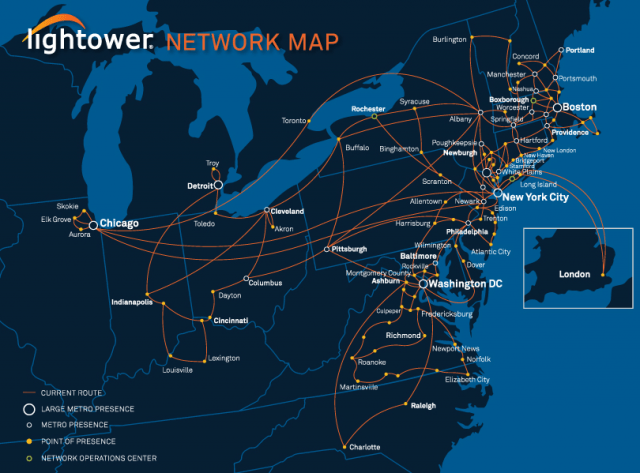
 A federal appeals court has reversed an effort by the Federal Communications Commission to pre-empt state laws restricting municipal broadband expansion in Tennessee and North Carolina, ruling the FCC exceeded its authority by interfering with both states’ rights to define the boundaries where the community broadband networks can and cannot operate.
A federal appeals court has reversed an effort by the Federal Communications Commission to pre-empt state laws restricting municipal broadband expansion in Tennessee and North Carolina, ruling the FCC exceeded its authority by interfering with both states’ rights to define the boundaries where the community broadband networks can and cannot operate.
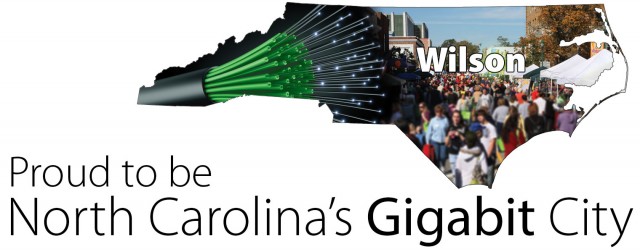

 The community of Pinetops, N.C. has
The community of Pinetops, N.C. has 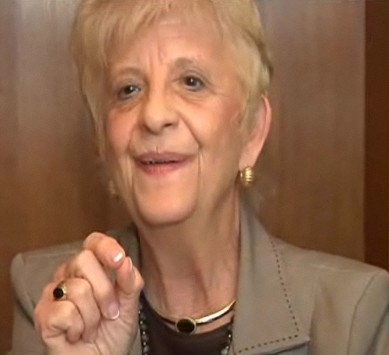

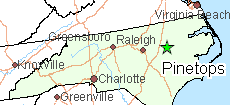 Pinetops offers proof of the obscenity of bought-and-paid-for-politicians supporting corporate protectionism that harms people, harms education, harms jobs, and leaves rural communities with no clear path to the digital economy of the 21st century. Legislation like H129, which continues to be enforced in more than a few U.S. states, needs to be pre-empted nationwide or even better repealed by state legislators.
Pinetops offers proof of the obscenity of bought-and-paid-for-politicians supporting corporate protectionism that harms people, harms education, harms jobs, and leaves rural communities with no clear path to the digital economy of the 21st century. Legislation like H129, which continues to be enforced in more than a few U.S. states, needs to be pre-empted nationwide or even better repealed by state legislators.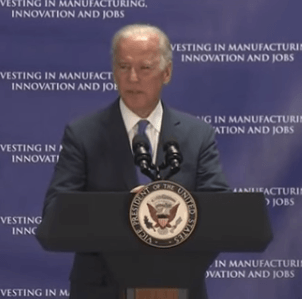
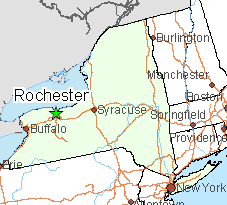 Despite the job shifts, the fact 24,000 workers in the region are already employed in photonics-related jobs may have been a deciding factor in selecting Rochester for the center.
Despite the job shifts, the fact 24,000 workers in the region are already employed in photonics-related jobs may have been a deciding factor in selecting Rochester for the center.
